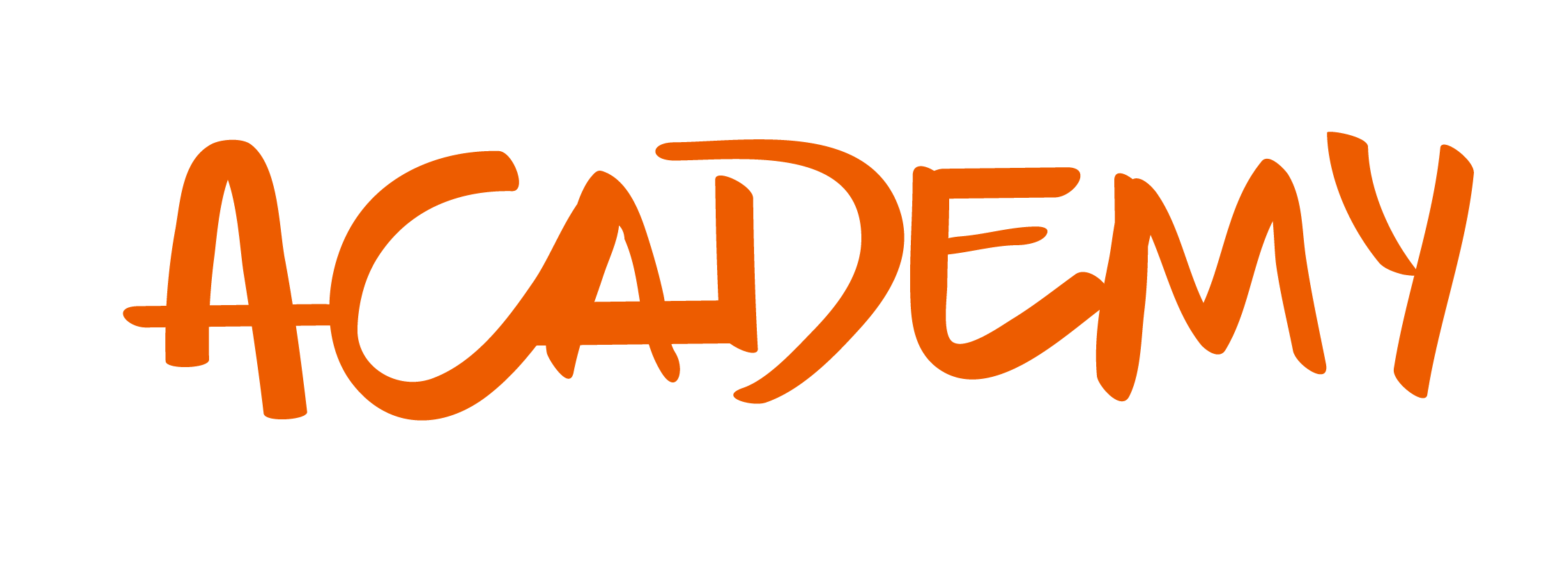In the realm of project management, optimizing resources and costs is a fundamental priority for achieving success. Among the various strategies employed, bundling billable hours emerges as an essential practice to ensure efficient allocation of human resources and accurate cost planning. This approach not only maximizes productivity but also contributes to reducing unnecessary expenses.
Throughout this article, we will explore how effective management of billable hours impacts client satisfaction, operational efficiency, and identification of areas for improvement in project execution.
Accurate Recording and Documentation: Foundations for Efficient Management of Billable Hours
Optimizing resources and costs is a key aspect in project management. By bundling billable hours, a more effective allocation of human resources can be achieved, meaning the right personnel can be utilized at the right time. This not only maximizes productivity but also helps reduce unnecessary costs.
Taking team availability into account allows for more precise cost planning for the client. This involves estimating the time and resources needed to complete the project, which in turn enables the calculation of the total budget. With a clear idea of the costs involved, informed decisions can be made on how to allocate resources and optimize project profitability.
Bundling billable hours also facilitates the identification of potential areas for improvement in terms of efficiency and productivity. By carefully analyzing how billable hours are being utilized, patterns and trends can be identified that can help improve processes and reduce delivery times. This can lead to greater customer satisfaction and increased profitability for the business.
It is important to emphasize that billable hours must be recorded and documented accurately. This involves keeping detailed records of activities performed, the time spent on each activity, and any other relevant details. With this information available, clear and transparent billing can be provided to the client, helping to build trust and maintain a strong long-term relationship.
Adaptability to Changes: Advantages of Hourly Billing
Hourly billing provides consulting firms with greater control over costs and revenues. By setting an hourly rate, companies can accurately calculate how much time is needed to complete a project and how much to charge for that time. This avoids unpleasant surprises at the end of the project, as there is a clear idea of how much will be billed.
Another benefit of hourly billing is the flexibility it offers to consulting firms. By charging by the hour, firms can easily adapt to changes in the project scope or additional requests from the client. Billing per completed project can make it difficult to adjust the price when unexpected changes arise. In contrast, with hourly billing, consulting firms can adjust the rate based on new circumstances, allowing them to maintain a stronger relationship with their clients.
Moreover, hourly billing can be particularly beneficial in projects requiring a high level of expertise or specialized knowledge. In such cases, consultants can charge a higher hourly rate, reflecting the added value they bring to the project. This can also incentivize consultants to invest in their professional development, knowing that their experience and skills are highly valued and rewarded.
However, it’s important to note that hourly billing also presents its challenges. For example, clients may find it difficult to predict the total cost of a project if they don’t have a clear idea of how many hours will be needed. This can lead to uncertainty and difficulties in financial planning. Additionally, some clients may prefer a fixed price per project, as it provides greater certainty about the total cost.
Facing Challenges: Overcoming Obstacles with Hourly Billing
Hourly billing is a common practice in the consulting world, and it’s easy to see why. This approach provides greater control over the costs associated with each project, resulting in more effective financial management. By closely monitoring the time spent on each task, consulting firms can adjust their rates as needed to ensure profitability. This means that if a task takes longer than expected, the firm can adapt its rates to avoid losses. Conversely, if a task is completed faster than anticipated, the firm can offer more competitive rates, potentially attracting more clients and increasing market share.
However, hourly billing not only offers cost control but also greater flexibility and adaptability. Projects are often subject to unexpected changes, whether due to new client demands, changes in legislation, or any other external factor. In these cases, hourly billing allows consulting firms to adjust their strategy and allocate resources more efficiently. For example, if a new requirement arises halfway through the project, the firm can allocate more hours to meet this additional demand. This prevents the project from being compromised and ensures its long-term financial viability.
Furthermore, hourly billing creates an incentive for both the consulting firm and the client to optimize processes and complete work in a timely manner. By directly linking cost to time, greater transparency in operations is encouraged. This means that both parties can clearly see how much time is dedicated to each task and how that time is being utilized. This transparency strengthens long-term client trust and satisfaction, as they can be confident they are receiving quality service and not overpaying.
Conclusion
Hourly billing emerges as a powerful tool in project management, providing greater control over costs, increased flexibility, and transparency that strengthens client relationships. By adopting this approach, consulting firms can agilely adapt to project changes, ensure efficient resource utilization, and maintain a long-term relationship of trust with their clients. Effective management of billable hours not only maximizes profitability but also drives operational excellence and customer satisfaction, positioning companies on the path to sustainable success.














